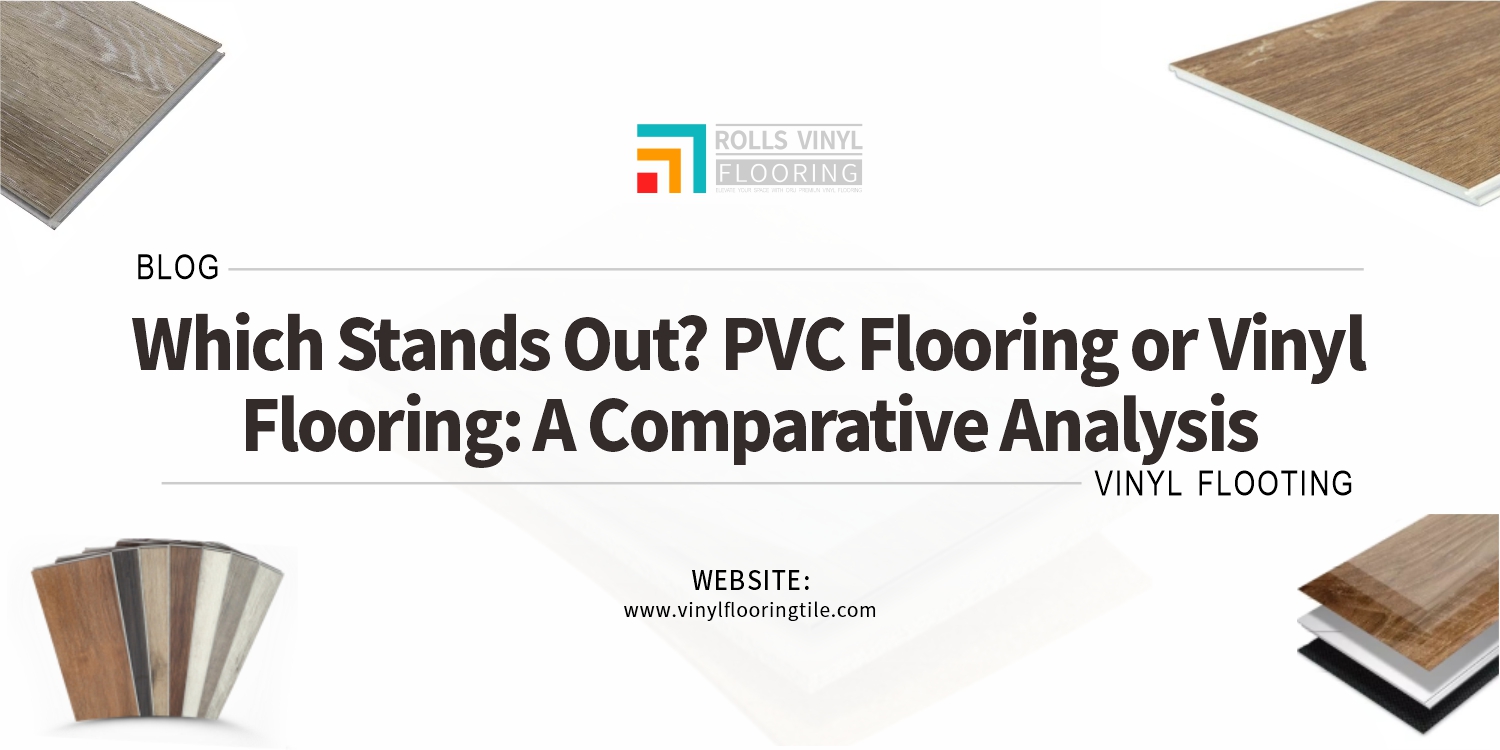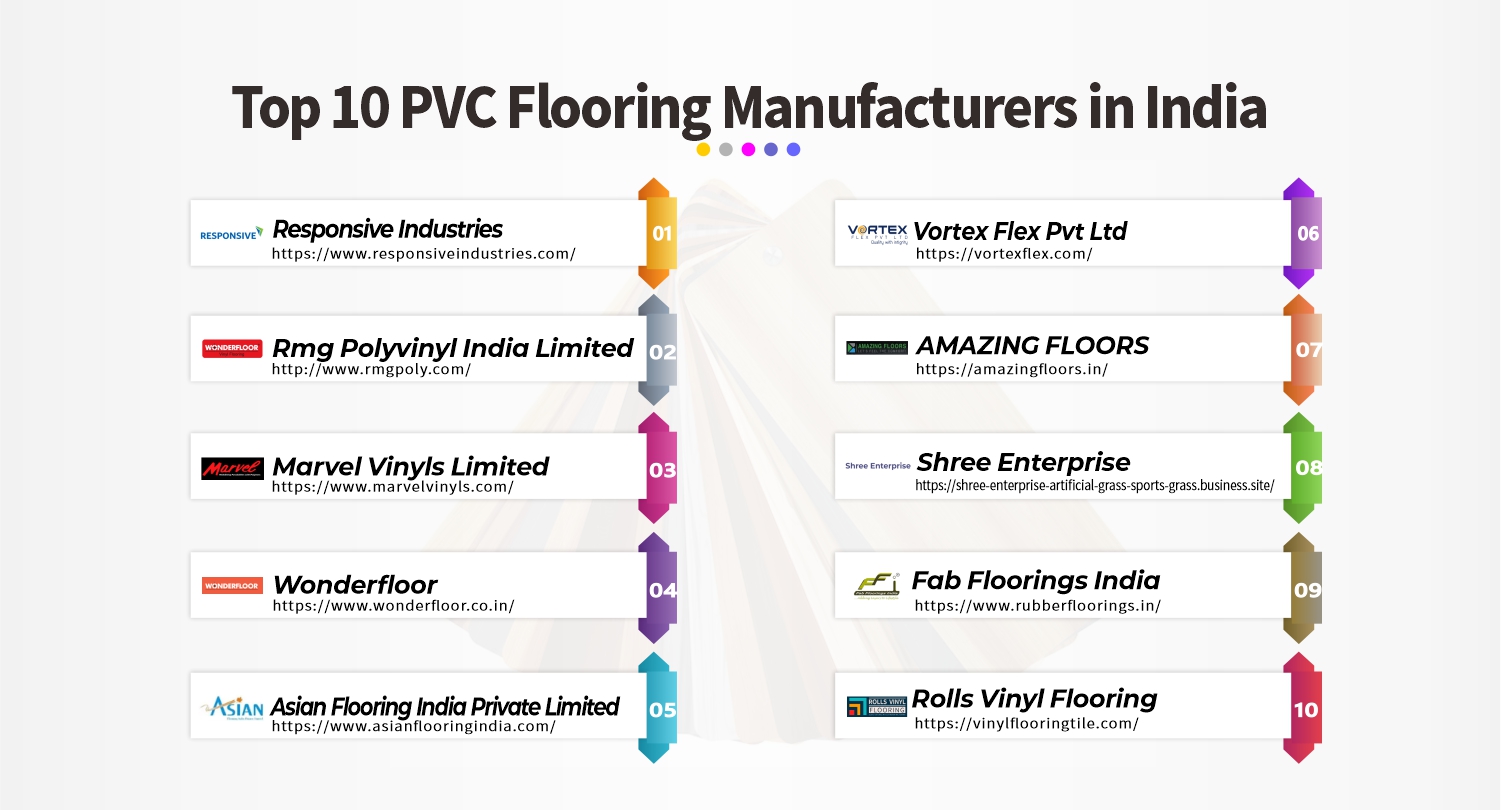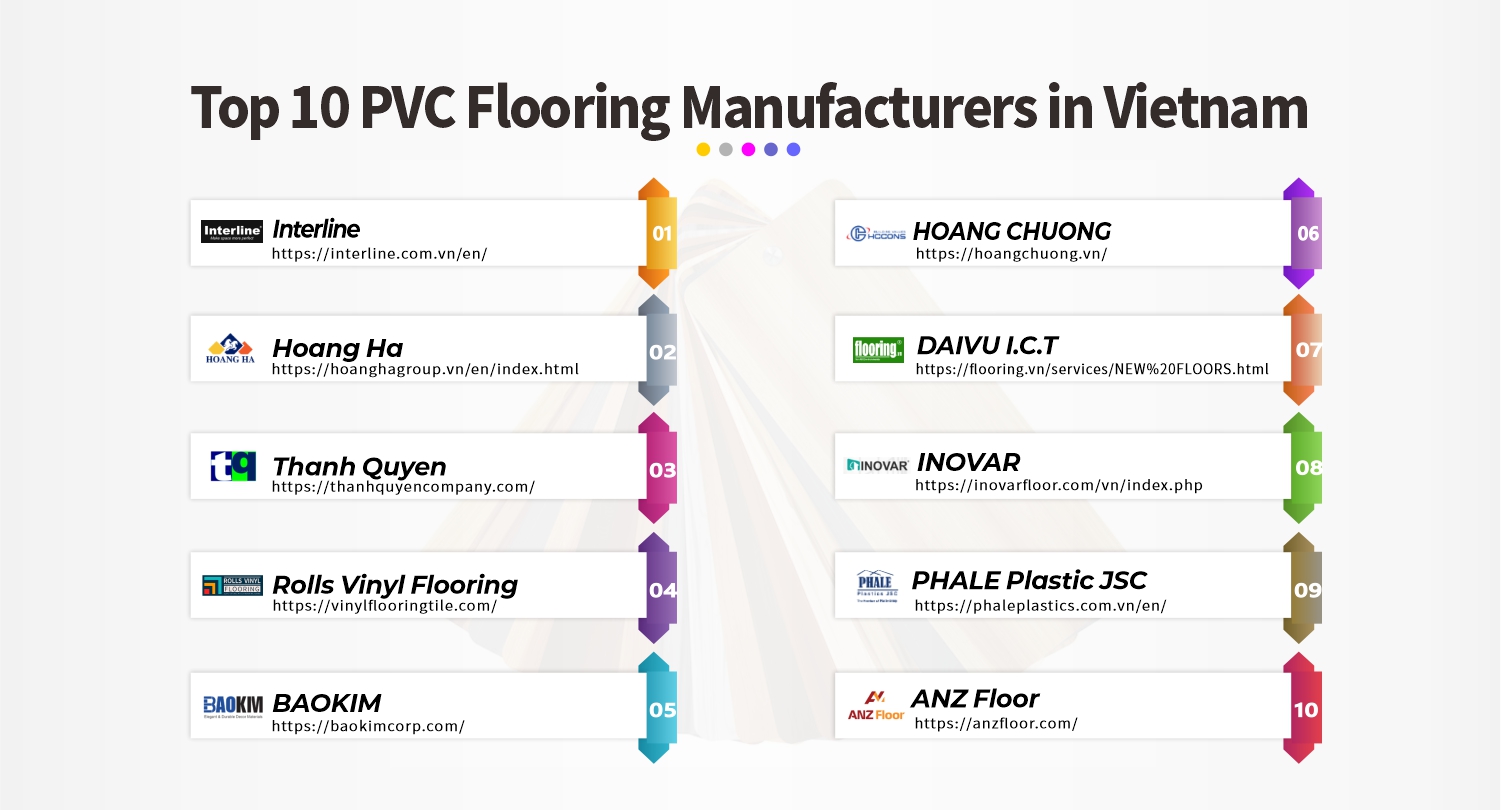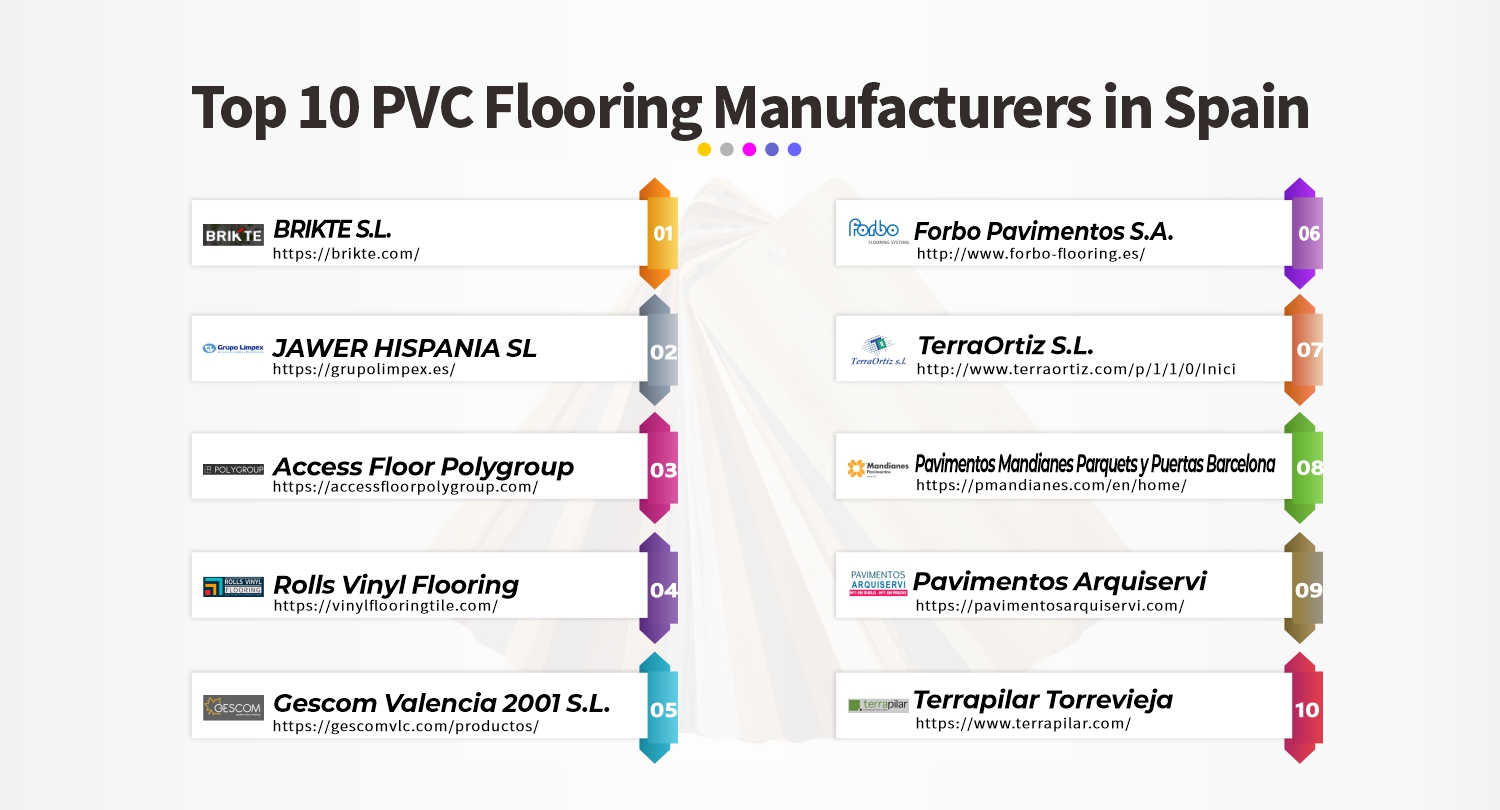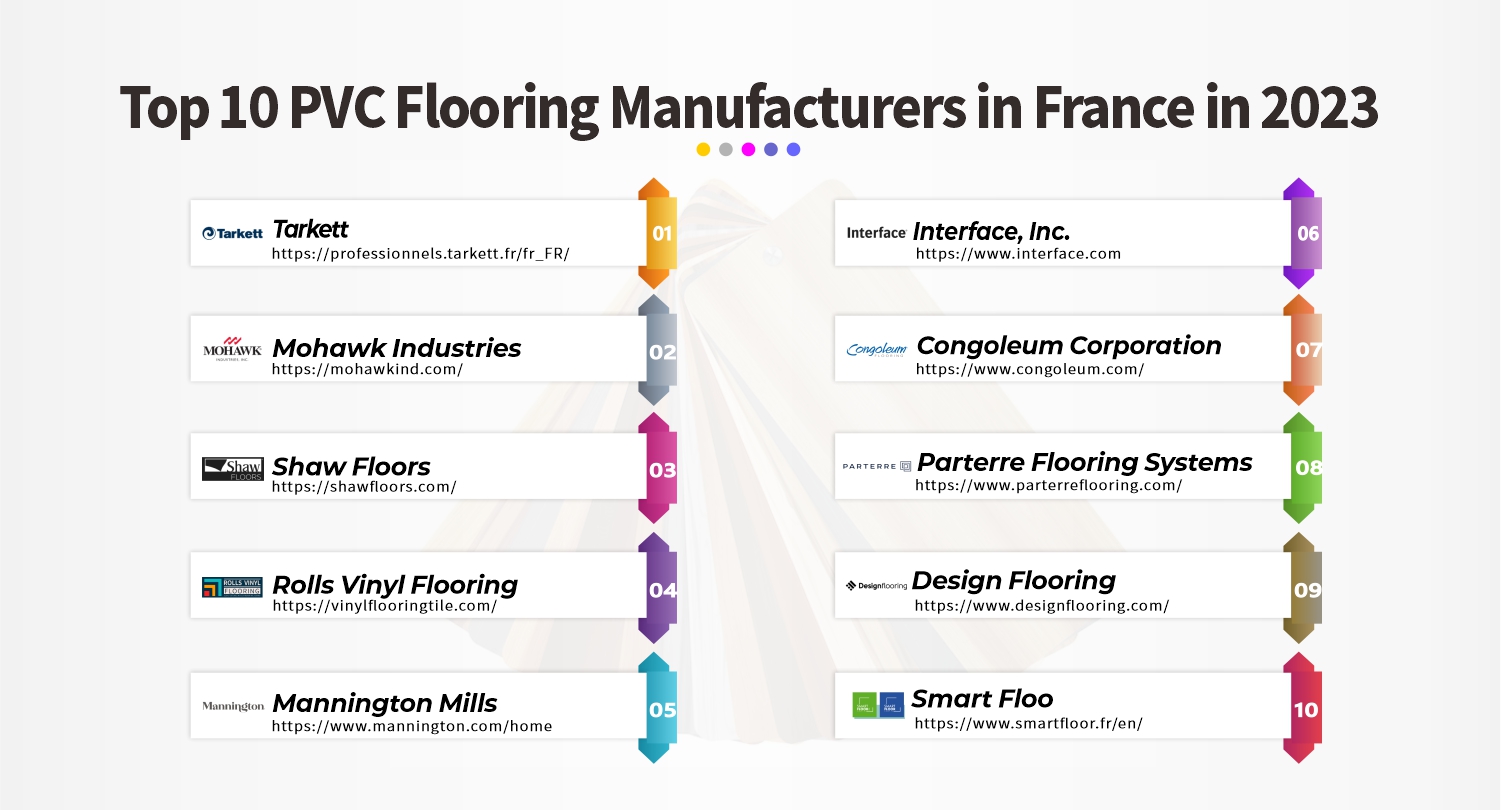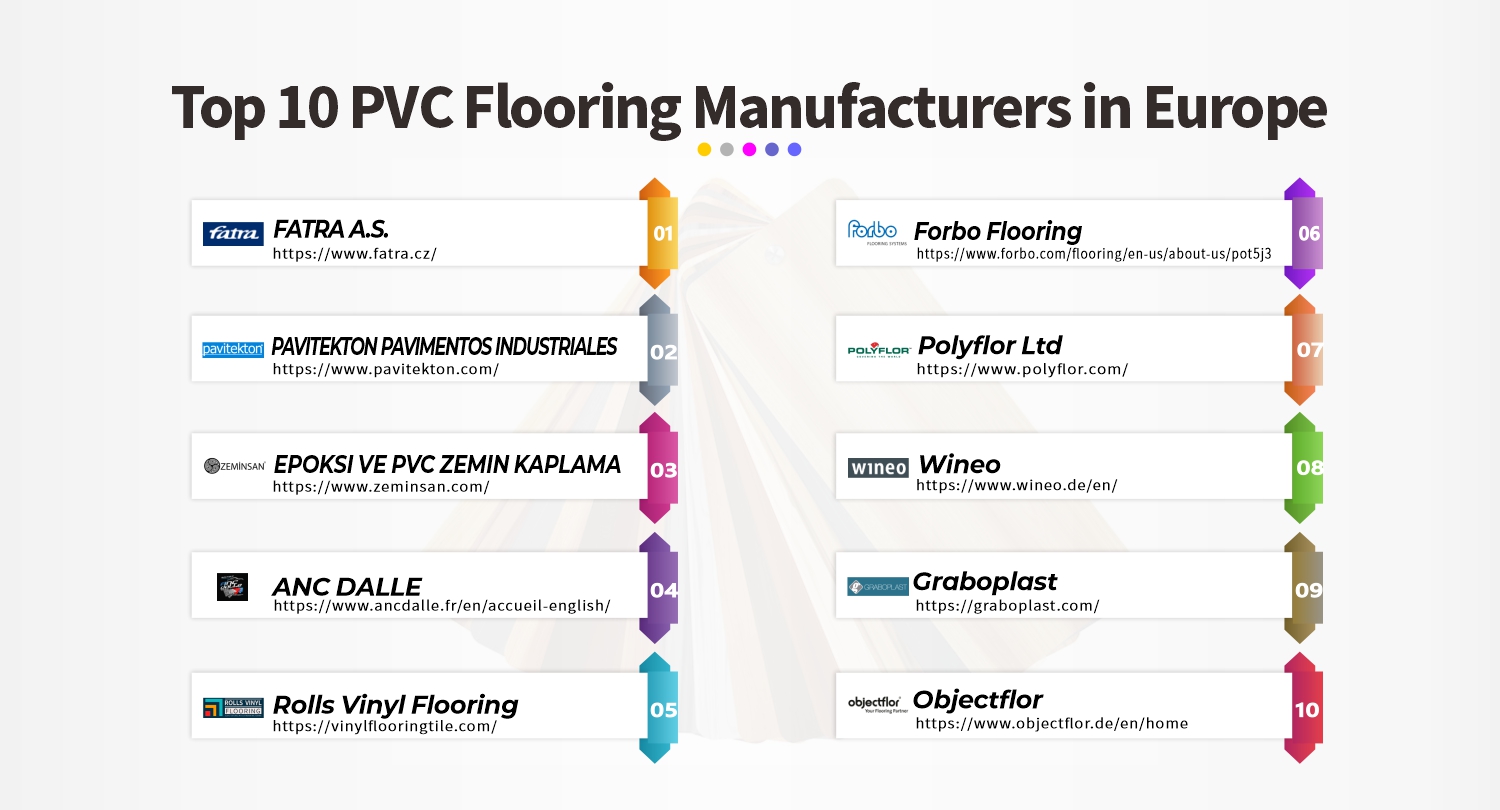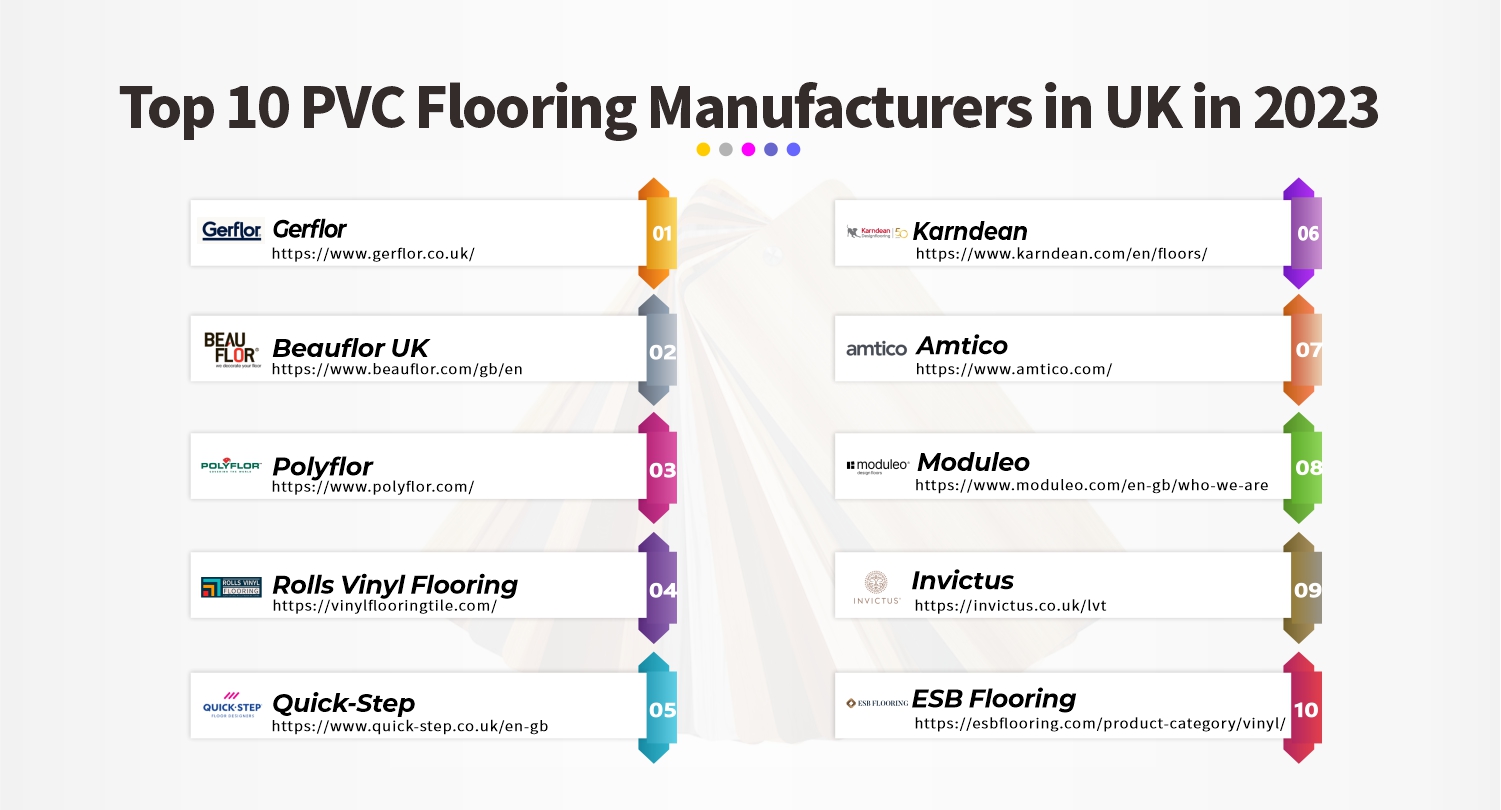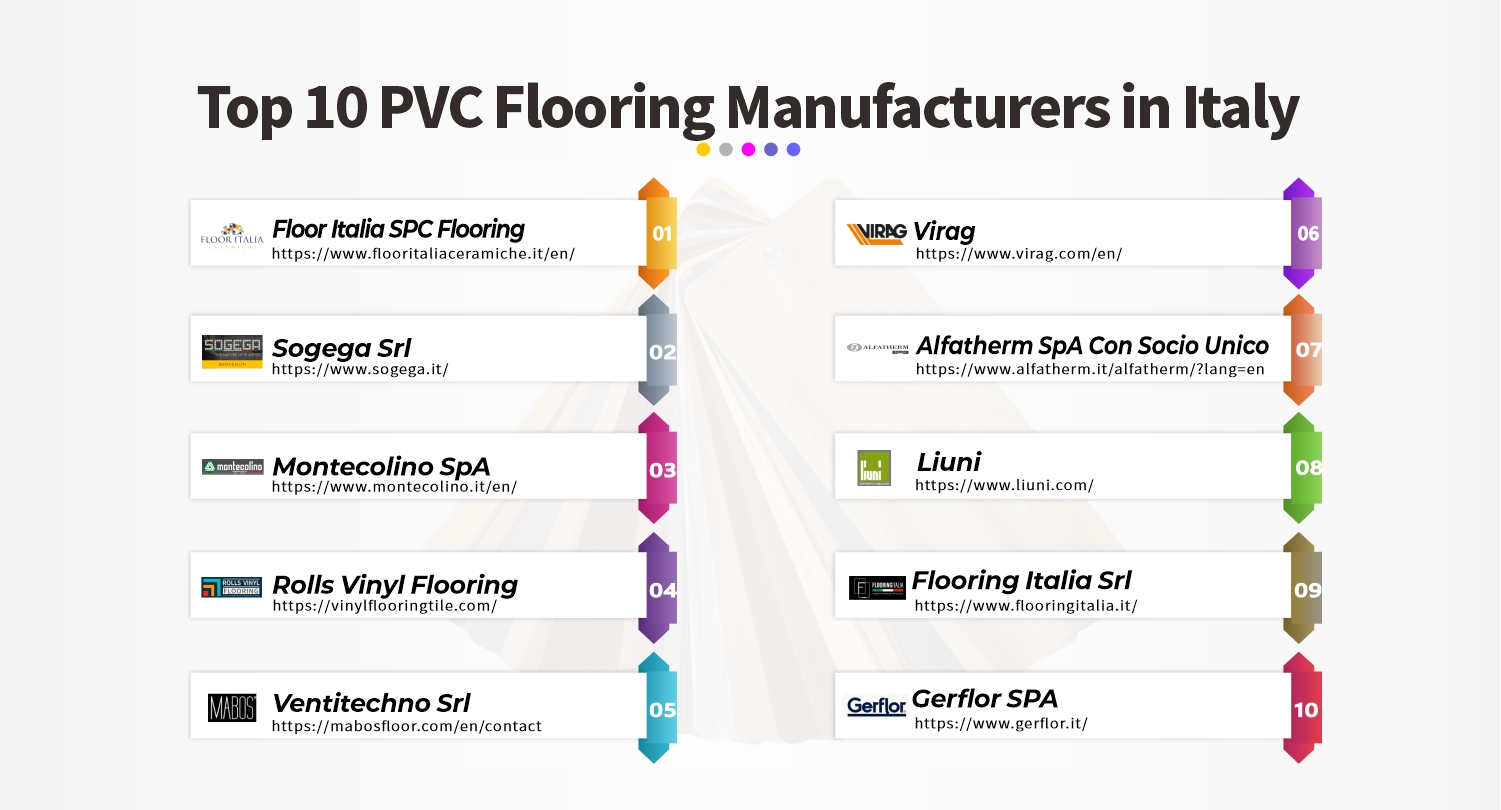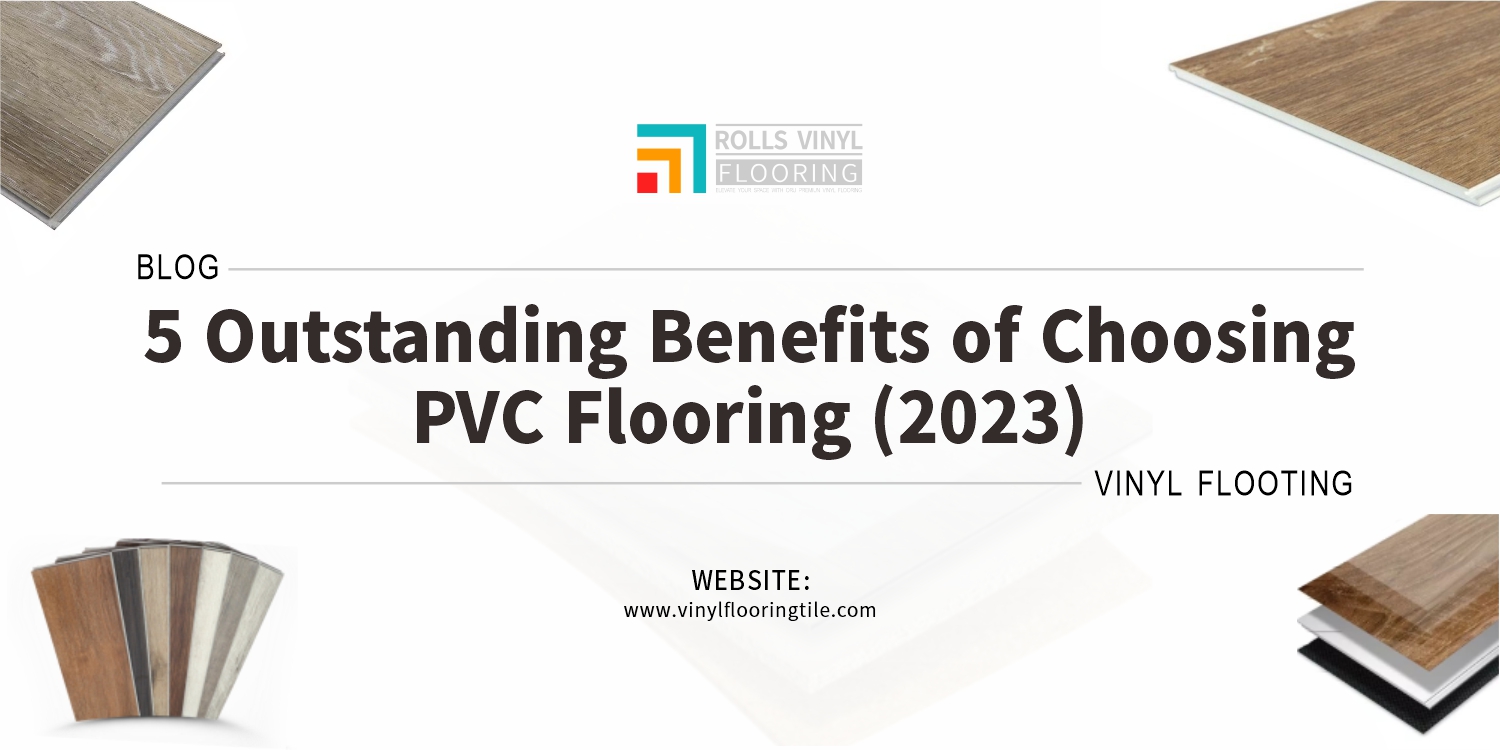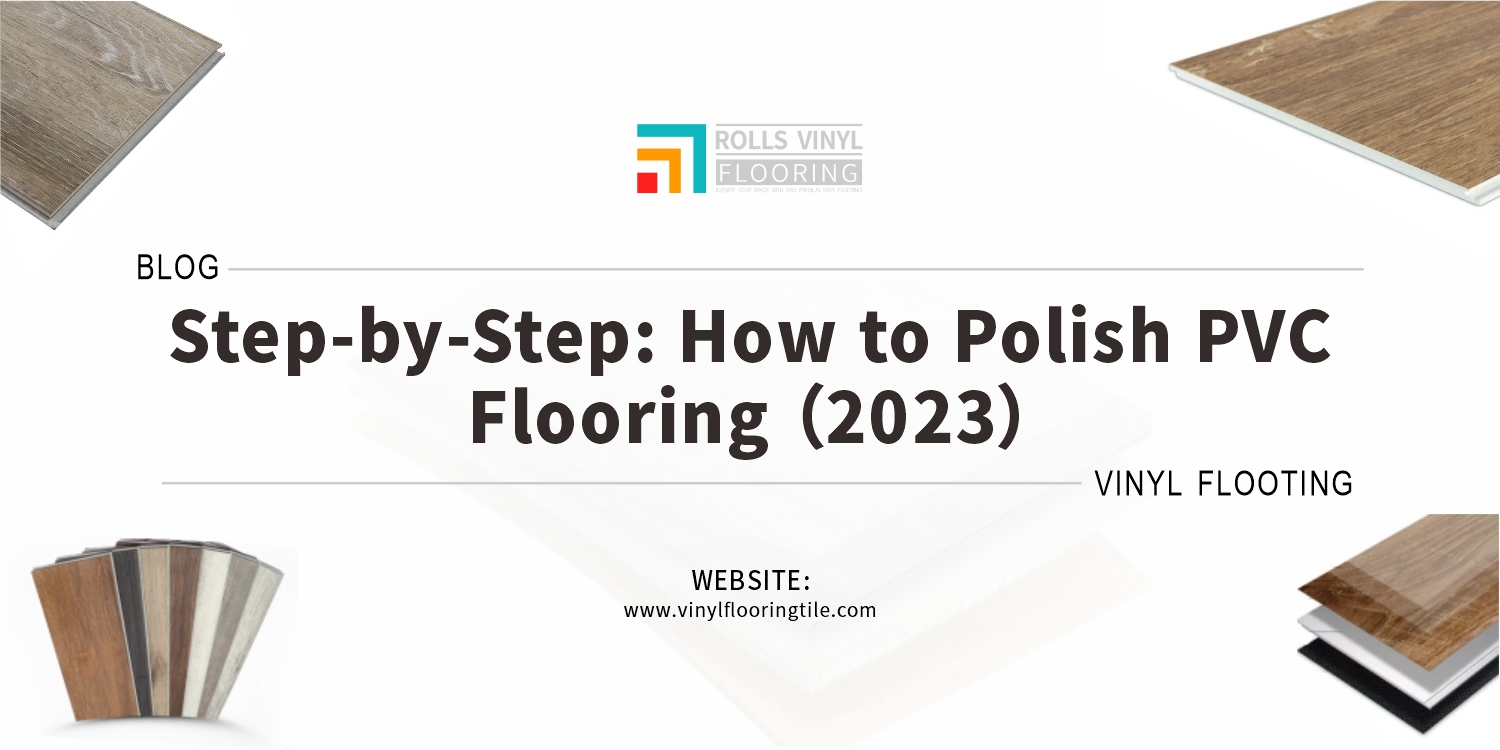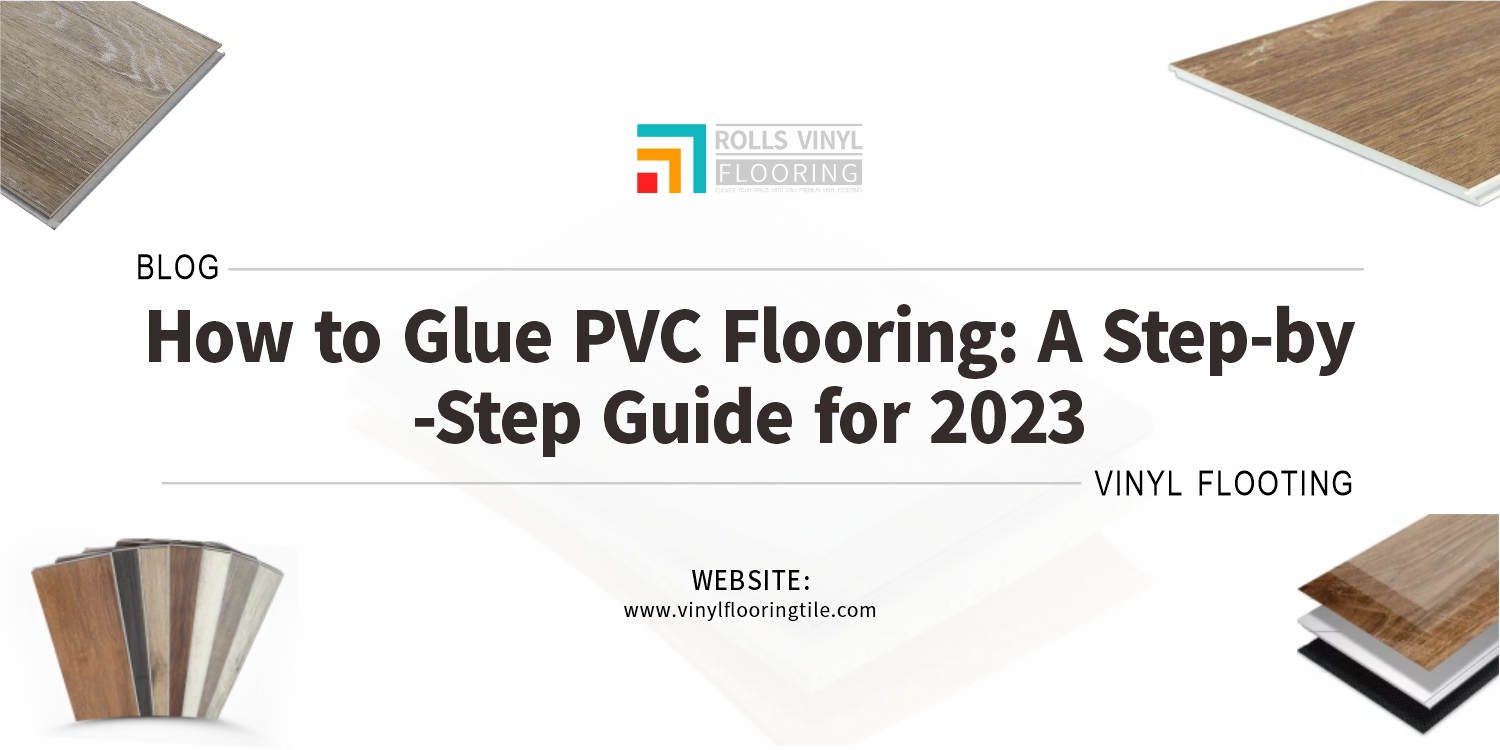Are you torn between PVC and vinyl flooring for your home or office space? You’re not alone. Many people find themselves in a dilemma when selecting the best flooring option. The struggle often concerns factors like durability, aesthetics, and cost.
Both PVC and vinyl flooring have their own sets of advantages and disadvantages. However, vinyl flooring generally has the upper hand if you’re looking for an option that combines durability with aesthetic appeal. It offers a wider range of designs and is often considered more environmentally friendly.

So, why should you keep reading? Because we’re about to dive deep into a comparative analysis that will help you make an informed decision, saving you time and potentially a lot of money. Stay tuned!
Understanding PVC Flooring
What is PVC Flooring?
PVC, or polyvinyl chloride, flooring is a type of synthetic resilient flooring primarily employed in commercial, residential, and industrial environments due to its durability and ease of maintenance. PVC flooring is available in various forms such as tiles, sheets, and planks, offering a versatile solution adaptable to various interior design styles.
PVC flooring is an excellent choice for individuals seeking cost-effective, resilient, and aesthetically pleasing options.
How PVC Flooring is Manufactured?
The manufacturing process of PVC flooring necessitates scientific precision and industrial expertise. The process begins with creating the PVC resin, a product of combining ethylene obtained from petroleum and chlorine from salt. Subsequently, the resin is compounded with heat and pressure and additives such as stabilizers, pigments, and plasticizers to form a pliable vinyl. This vinyl is then processed into its final flooring shape: tiles, sheets, or planks.
Advantages and Disadvantages of PVC Flooring

Like any flooring option, PVC flooring has its pros and cons. Its primary advantages lie in its durability, affordability, easy maintenance, and extensive design variety. It can tolerate high foot traffic and is trusty for use in high-moisture areas such as bathrooms and kitchens. Additionally, PVC floors are low in cost compared to other flooring materials, making them an ideal choice for budget-conscious consumers.
However, despite its numerous benefits, there are also drawbacks to consider. PVC flooring can be prone to scratches and does not generally add real estate value like natural flooring materials (e.g., hardwood, stone). It can also emit volatile organic compounds (VOCs), potentially contributing to indoor air pollution.
PVC flooring is an excellent choice for both residential and commercial settings. Nonetheless, it’s always critical to consider its advantages and disadvantages in your specific needs and environment.
PVC Flooring vs. Vinyl Flooring
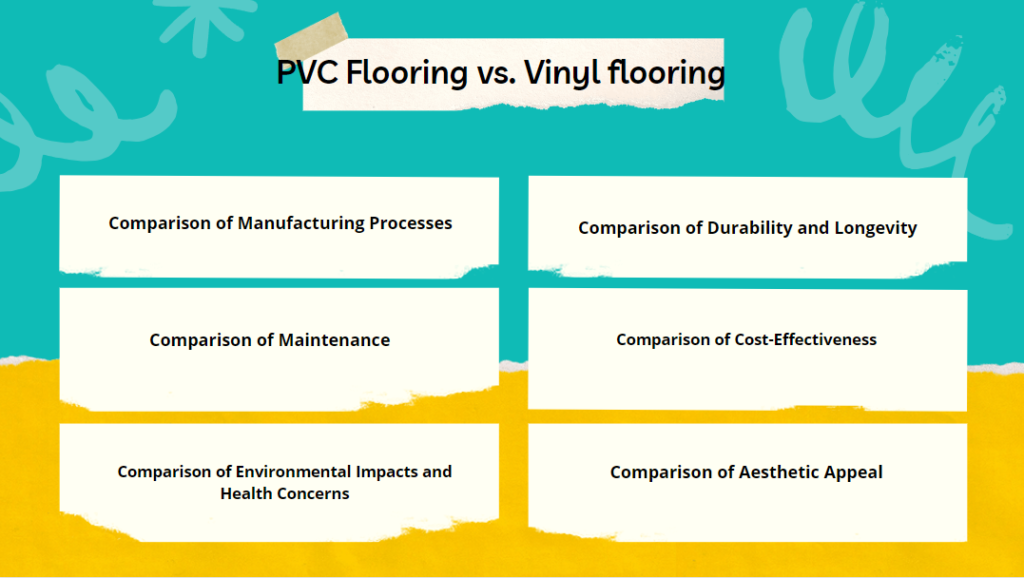
Comparison of Manufacturing Processes
PVC and Vinyl flooring are versatile materials crafted from synthetic polymer, their processing methods differ considerably. PVC flooring undergoes a more detailed procedure where plasticized PVC is crafted into thin, flexible sheets, while Vinyl flooring is derived from pressing vinyl chips into solid sheets and applying a decorative layer.
Comparison of Durability and Longevity
PVC and Vinyl flooring boasts excellent durability. However, the longevity of these floors heavily depends on their maintenance and usage. PVC flooring tends to hold up better against heavy foot traffic due to its higher density, while Vinyl flooring usually exhibits superior resistance to dents, stains, and scratches.
Comparison of Maintenance
PVC and Vinyl flooring are relatively easy to maintain. Regular sweeping and occasional mopping are typically enough to keep these floors looking new. However, I’ve found that Vinyl flooring may require a specialized cleaning solution to effectively remove stubborn stains and spills, while a standard cleaner will work fine for PVC flooring.
Comparison of Cost-Effectiveness
PVC and Vinyl flooring are cost-effective solutions. However, when comparing the two, PVC flooring generally comes at a lower price point than Vinyl flooring. Nevertheless, considering their durability and minimal maintenance, both options provide a high return on investment over time.
Comparison of Environmental Impacts and Health Concerns
PVC flooring has faced criticism for its manufacturing process and disposal which can release harmful toxins. On the other hand, Vinyl flooring, particularly those with phthalate-free and low VOC emissions, is generally considered safer and more eco-friendly.
Comparison of Aesthetic Appeal
PVC and Vinyl flooring have made their aesthetic appeal. Today, these floorings come in many colors, patterns, and textures, closely mimicking the appearance of natural materials like wood or stone. Yet, Vinyl flooring offers a slightly more refined look than PVC, making it a more popular choice for high-end interior decor.
Application and Use

Best Uses for PVC Flooring
Polyvinyl Chloride (PVC) flooring has diverse practical applications in different environments due to its distinct properties. Due to its notable durability and water-resistant characteristics, PVC flooring is particularly suitable for high-traffic areas such as commercial establishments, gyms, hospitals, and schools. Because of its innate waterproof nature, this flooring type is also excellent for spaces prone to spills like kitchens and bathrooms.
PVC flooring is an exceptional choice in areas where hygiene is a priority. Simply because its surface doesn’t allow bacteria and mold to flourish, making it a popular option for medical facilities and laboratories. Moreover, its capability to absorb sound and its ease of installation are additional points that should be considered.
Best Uses for Vinyl Flooring
Vinyl flooring is an excellent choice for both residential and commercial settings due to its versatile attributes. In homes, it serves as a beautiful and practical surface for kitchens, bathrooms, and basements mainly due to its resistance to moisture and easy maintenance.
Its remarkable resilience to wear and tear makes it ideal for high-footfall areas such as retail outlets, offices, and restaurants. Moreover, its sound-dampening properties make it an apt choice for institutions like schools and hospitals.
PVC and Vinyl floorings are practical choices, each in their unique ways. These flooring types have proven their reliability and quality over time through continuous use in appropriate settings. By understanding their strengths and ideal applications, one can make informed decisions in choosing the right flooring material.
Frequently Asked Questions about PVC and Vinyl Flooring
Throughout my years of expertise in the flooring industry, I have encountered various questions surrounding PVC and Vinyl flooring. In this section, I will address some of individuals’ most common queries.

What is the difference between PVC and vinyl flooring?
While many people use the terms interchangeably, PVC (Polyvinyl Chloride) is a type of vinyl known for its durability and affordability. Vinyl flooring, on the other hand, refers to a variety of floor coverings made from different kinds of vinyl.
Is PVC flooring safe?
PVC flooring is generally safe and meets safety standards for flammability, slip resistance, and many other factors. However, like any product, the quality and safety can depend on the manufacturer. It’s always recommended to select products from a trustworthy source and to ensure they meet all safety regulations.
How long does PVC or Vinyl flooring last?
High-quality PVC or Vinyl flooring can last up to 15-20 years with proper care and maintenance. This lifespan makes it an excellent long-term investment for homes and commercial spaces.
Conclusion
In conclusion, PVC and Vinyl flooring offer various benefits, including durability, cost-effectiveness, and easy maintenance. They come in various designs and finishes, allowing you to tailor your space to your preferences. Despite the many advantages, sourcing these materials from reputable manufacturers is crucial to ensure safety and longevity. By doing so, you’ll secure a flooring solution that doesn’t just meet but surpasses expectations. Remember, your floor is not just a surface you walk on – it’s a long-term investment in your home or commercial space. Make that decision with the necessary wisdom and foresight. Reach out to us for any further queries about flooring. We would be delighted to hear from you. Share your personal experiences with either flooring type. Your insights are incredibly valuable to us.

